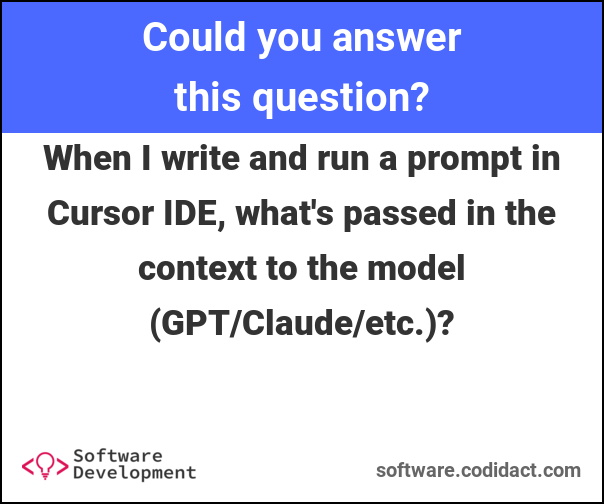Does excessive use of prepositions make writing unclear?
This site's writing reports claim that excessive use of prepositions makes writing unclear. For example:
"The principle of keeping nouns and verbs as close to each other as possible for the benefit of readers has many benefits"
However, it's not quite clear to me why this is a bad thing. Why is excessive use of prepositions a bad thing?
This post was sourced from https://writers.stackexchange.com/q/10289. It is licensed under CC BY-SA 3.0.
2 answers
You are accessing this answer with a direct link, so it's being shown above all other answers regardless of its score. You can return to the normal view.
Since we don't have the sample text that was analyzed, it's hard to answer this question in any specific sense. But I'd guess that this overuse of prepositions is actually the overuse of prepositional phrases. You can't eliminate prepositions, since English depends on them so heavily, but you can minimize them.
Background
Let's back up here: What's a preposition? What's a prepositional phrase? What's the difference?
You can go as deeply into the grammatical rabbit hole as you like, but in brief, prepositions are words like of, to, and with. There's a more comprehensive list here, along with a fairly accessible definition:
A preposition is a word that begins a prepositional phrase and shows the relationship between its object and another word in the sentence.
That's... unhelpful by itself, but the examples from the Wikipedia article on prepositional phrases are helpful here. Prepositional phrases in italics, prepositions bolded:
a. She walked around his desk.
b. Ryan could see her in the room.
c. David walked on top of the building.
Prepositional phrases can pile up and get complicated. (That third Wiki example phrase has a preposition inside it, after the main preposition.) Now, let's have a look at the University of Wisconsin's Writer's Handbook:
Sometimes prepositional phrases aren't really necessary, especially when you use them (instead of an apostrophe + s) to denote possession of an object.
Examples:
This example, from the same University of Wisconsin page, probably illustrates the point best. Try to pick out the prepositional phrases:
Unnecessary phrase: It is a matter of the gravest possible importance to the health of anyone with a history of a problem with disease of the heart that he or she should avoid the sort of foods with a high percentage of saturated fats.
Holy freaking recursiveness! It's tough to isolate specific phrases here. The structure is very muddy.
Looking for prepositions and cutting them out won't help, but looking for prepositional phrases will let you simplify the structure of your writing. In other words, sentences with simpler structure (and more easily identified prepositional phrases) are easier to read.
The University of Wisconsin also gives us a better version of the above sentence:
Correction: Anyone with a history of heart disease should avoid saturated fats.
0 comment threads
"The principle of keeping nouns and verbs as close to each other as possible for the benefit of readers has many benefits"
That has 6 prepositions. Replace with:
Don't separate subjects and verbs unnecessarily. Your readers will benefit, in many ways.
That has 1 preposition.
This post was sourced from https://writers.stackexchange.com/a/10301. It is licensed under CC BY-SA 3.0.





















0 comment threads